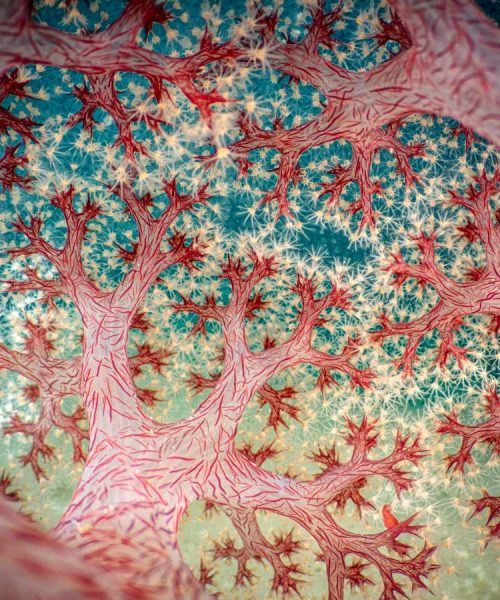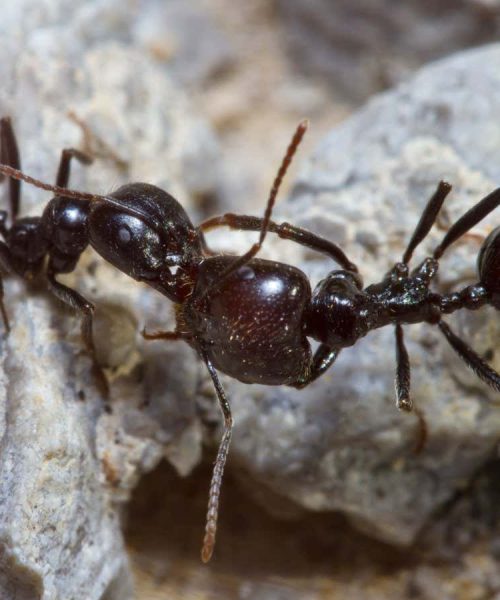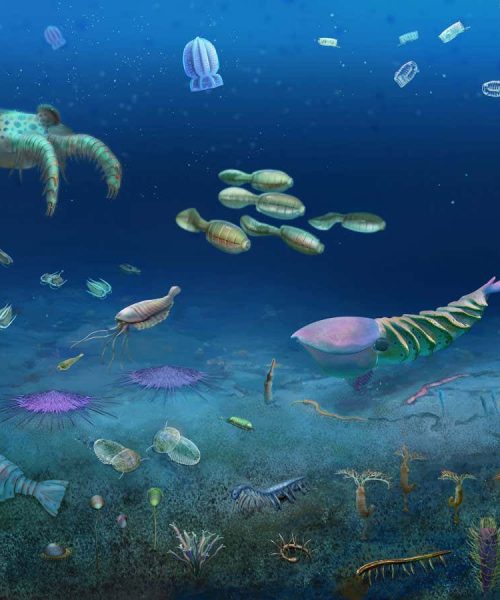
An artistic reconstruction of Pebanista yacuruna in the murky waters of the Peruvian proto-Amazon
Jaime Bran
The Amazon basin was once home to freshwater dolphins that grew up to 3.5 metres long – making them the largest river dolphins known to science.
Researchers made the surprise discovery during a 2018 expedition in Peru, says Aldo Benites-Palomino at the University of Zurich in Switzerland. The team saw the animal’s fossilised skull poking out of a river embankment and knew right away it was a dolphin. Close analysis confirmed the giant skull was unlike any ever found.
Advertisement
The researchers have now named the new species Pebanista yacuruna. The name honours a mythical aquatic people – the Yacuruna – believed to inhabit underwater cities in the Amazon basin.
The 16-million-year-old fossil was unearthed in a region that was once covered by a lake that was “insanely big – almost like a little ocean in the middle of the jungle”, says Benites-Palomino. Based on the small size of the ancient dolphin’s eye sockets and its large teeth, he says P. yacuruna was probably a predator with poor eyesight. It relied heavily on echolocation to find fish. “We know that it was living in really muddy waters because its eyes started to reduce in size,” says Benites-Palomino.
Because the fossil was found in the Amazon basin, the researchers expected its closest living relatives to be modern Amazon river dolphins. Instead, they found P. yacuruna was more closely related to river dolphins of South Asia. Like them, this ancient species has raised crests on its skull that improved its ability to echolocate.
P. yacuruna may have been driven extinct during a broader ecological shift, says Benites-Palomino. “Around 11 to 12 million years ago, this mega wetland system started to drain, giving way to the modern Amazon. A lot of species disappeared at that moment, and that might also have been the fate of this giant dolphin.”
Topics:





